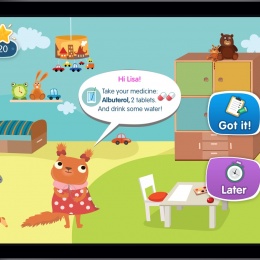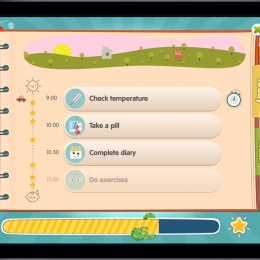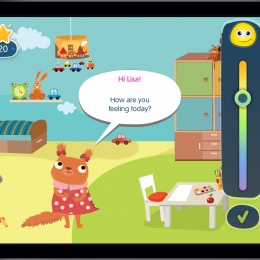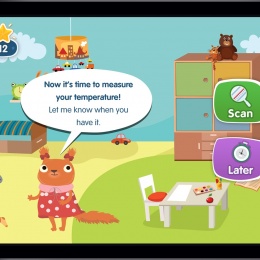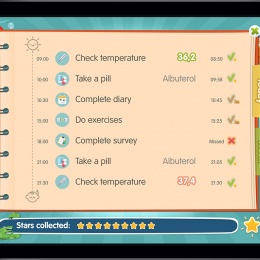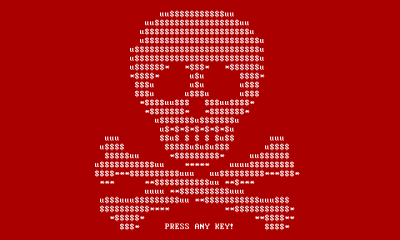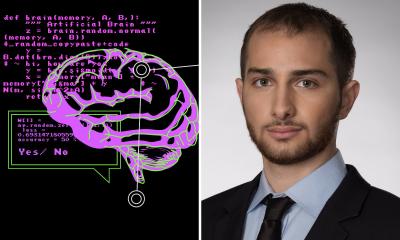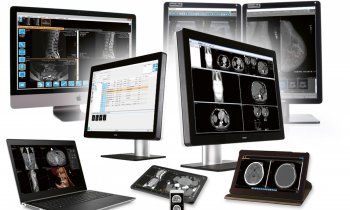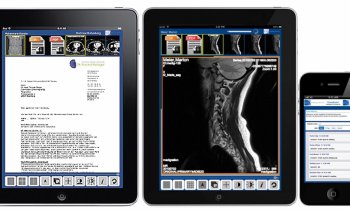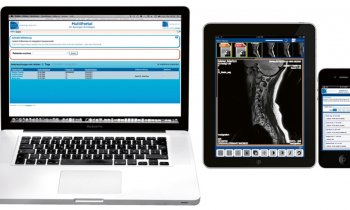Article • Data management
Healthcare organisations explore the potential of Blockchain and patient engagement
Report: Wolfgang Behrends
The emergence of Blockchain technology is set to play an ever-increasing role within healthcare settings within the next two years, according to industry experts. One organisation focusing on its potential is global consultancy and software development company DataArt, which sees more healthcare organisations embracing its applications in the not too distant future.
Within the next year or two we will have real cases of applications in healthcare
Denis Baranov
Blockchain is a continuously growing list of records - called blocks - which are linked and secured using cryptography. It has security elements which mean it is difficult to make unauthorised modifications to the data which is exchanged in a system that is an open distribution ledger that can record transactions between two parties efficiently and in a verifiable and permanent way.
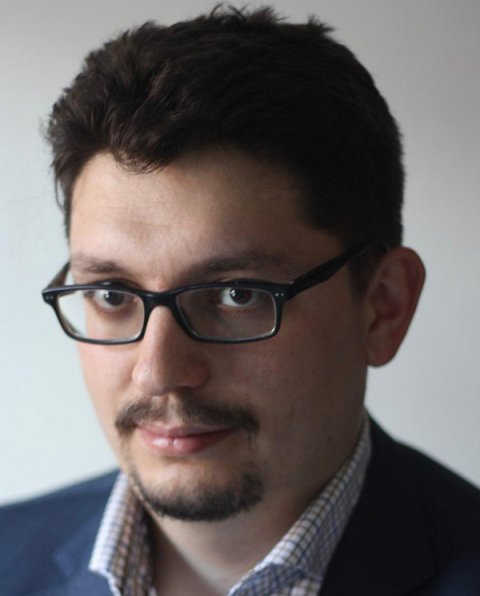
Denis Baranov, DataArt’s Blockchain expert, acknowledged it was still early days in the adoption of Blockchain technology within a healthcare setting but he feels over the next two years more organisations will begin to utilise its potential as a secure and efficient way of storing and sharing data. As a distribution technology, he said it has an application for healthcare records, supply chain management and insurance. “It is applicable in drugs management and of supply chain management because Blockchain provides transparency of information,” said Mr Baranov. “The lifecycle of a drug can be taken into the Blockchain and customers can get information on a full history of that drug, where and how it was produced and transferred.”
It can also be used to offer a full picture of a healthcare record from the hospital, patient, pharmacists and insurance providers in a secure way. Users can share data by allowing access to a channel but restricting what information is shared. “Blockchain is a young technology,” he added, “but within the next year or two we will have real cases of applications in healthcare.”
DataArt also has a range of applications designed to help patients become more engaged in their treatment. It recognises the importance of keeping the patient happy, content and comfortable, for their wider well-being when undergoing treatment in a hospital setting. Core to that is ensuring the patient is informed, motivated, and even entertained in hospital. The company has developed products such as gamification and patient engagement applications designed to achieve this but is also exploring potential applications of Blockchain distribution technology within healthcare settings.
DataArt’s Delivery Manager in Healthcare and Life Sciences, Ivan Pantykin, explained that gamification has a role in keeping patients – particularly those of a younger age – motivated while undergoing treatment or taking part in clinical trials, via the company’s KidPRO product. Traditional ePRO (Electronic Patient-Reported Outcome) systems are often barely applicable for children, who may need adult support with it but easy-to-use KidPRO combines aspects of professional medical software with gamification to make participation in a clinical trial a fun and rewarding process. Information captured by the application is available to doctors and the study team for statistical analysis through their own applications.
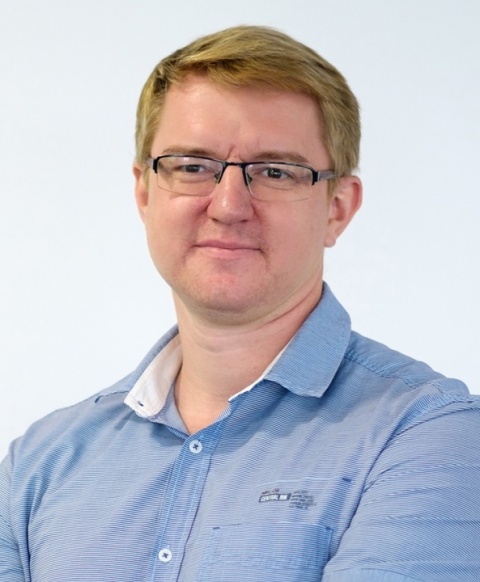
Mr Pantykin said: “Our internal research and development department’s goal is to find challenges and gaps in the industry and create a concept application which can potentially cover this gap. “We have resolved a need in clinical trials and long-term treatments to keep patients, especially children, engaged, and created a full application on an iPad for long-term clinical trials in the pharmaceutical industry, or for treatment for children with chronic conditions such as asthma, with gamification with an animal character which helps children stay engaged in this process.”
As a global technology consultancy, DataArt designs, develops and supports unique software solutions across a range of sectors. Within healthcare the company focuses on technologies that will constantly monitor an individual’s vital signs, detect trends and deviations, match collected data with historical records, and warn about potential problems before they present a serious threat. Keeping patients engaged in their care and up to date with specific treatments or educating them about their illness is of vital importance, he added. To meet this challenge, DataArt has created applications which encourage patients of all ages to take charge of their own healthcare. Care Companion is designed with multiple interfaces to fully engage patients. In the case of parents, or older patients, the data captured on a device is sent to parents or carers.
Patients can also use this application while participating in clinical trials to motivate them to take responsibility for their care by empowering them with the tools to take a more active role in making decisions about care. Mr Pantykin added: “There are always discussions in industry in terms of how to improve quality of patient stay in hospital and the need for applications which help patients to understand what is going on, where they are on the care plan, and to get full information and educational material about their medication and disease, and doctors that are working with them.” This application extends from obtaining material and content through to being able to control a patient’s hospital environment such as enabling them to adjust air conditioning or TV settings.
22.06.2018



